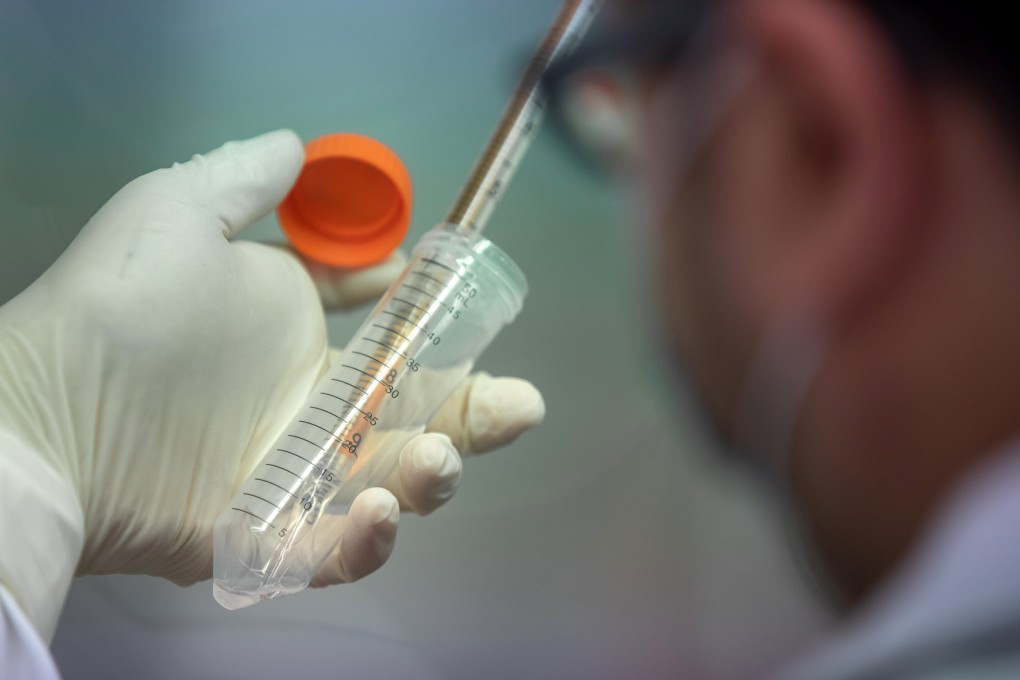Coronavirus may be here for much longer – due to rapid mutations
- Since January, the virus has gone through at least six major gene changes that boosted its ability to infect and evade the human immune system
- The US and Britain are the two major virus mutation hotbeds at the moment, say scientists

Since January, the virus has gone through at least six major changes in its genes that boosted infectivity and “immune escape” – its ability to escape the detection and attack by the human immune system, the researchers found. Most of these mutated strains occurred in America and Europe, they said.
Covid-19, the disease caused by the coronavirus, was likely to “spread much longer than we expected”, said researchers from the State Key Laboratory of Respiratory Disease in Guangzhou and the Shanghai Public Health Clinical Centre in a non-peer-reviewed paper posted on the preprint platform bioRxiv.org on Tuesday.
The coronavirus uses the spike protein to infect human cells. The spike protein binds with a molecule called angiotensin-converting enzyme 2 (ACE2) in host cells.
Professors Qiu Tianyi and Leng Qibin identified three mutations that improved the binding strength.
One change in the N439K gene, for instance, added a chemical bond between the ACE2 and the spike protein. The three other mutations targeted the immune system.
One of them could destroy an ionic bond between the virus and an antibody that is supposed to neutralise Sars-CoV-2, the official name of the coronavirus.
These mutations were in a way similar to those that occurred in human immunodeficiency virus (HIV) and influenza, which dodge immune attack with fast mutation.